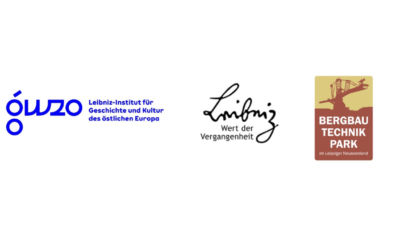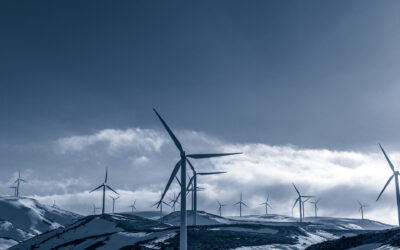This PhD would focus upon effective ecopedagogy for just energy transition. Such an ecopedagogy may involve utilising participatory and creative approaches to developing resources that, in turn, enable broader community participation.




Wider Network
CALL FOR PAPERS: ‘CULTURAL LANDSCAPES OF ENERGY’
The production of energy has had a large impact on landscapes in Europe during the twentieth and the twenty-first century. The extraction of natural resources, such as coal mining and oil drilling, or the construction of large-scale infrastructure, such as dams, power plants and wind farms, have shaped what we refer to as ‘cultural landscapes of energy’. This economic utilisation of landscapes affected local societies by introducing new industrial work cultures, but it also involved the destruction of villages and small towns, due to excavation and flooding, and the resettlement of their inhabitants.
UKERC Networking Fund
The UK Energy Research Centre has £400,000 to allocate to up to 10 projects via grants that range in value from £10,000-£60,000. The call theme is ‘advancing Equality, Diversity and Inclusion (EDI) in energy research’ this can be met in a variety of different ways, such as through research topics, project partners or stakeholders involved, or the activities conducted. In the spirit of the call theme, we are allowing early career researchers to lead projects.
Postdoctoral position in interdisciplinary energy and climate social science
The Department of Business Development and Technology at Aarhus BSS, Aarhus University invites applications for a postdoctoral position in energy and climate economics. The starting date is 1 April 2022 or as agreed upon.
Postdoctoral Fellow in Just Transitions and Energy Sovereignty (Gund Institute)
The Gund Institute for Environment at the University of Vermont (UVM) is recruiting an exceptional postdoctoral researcher for the project titled “Integrated community microgrids transitions and energy sovereignty in remote communities in Alaska.” March 15, 2022.




